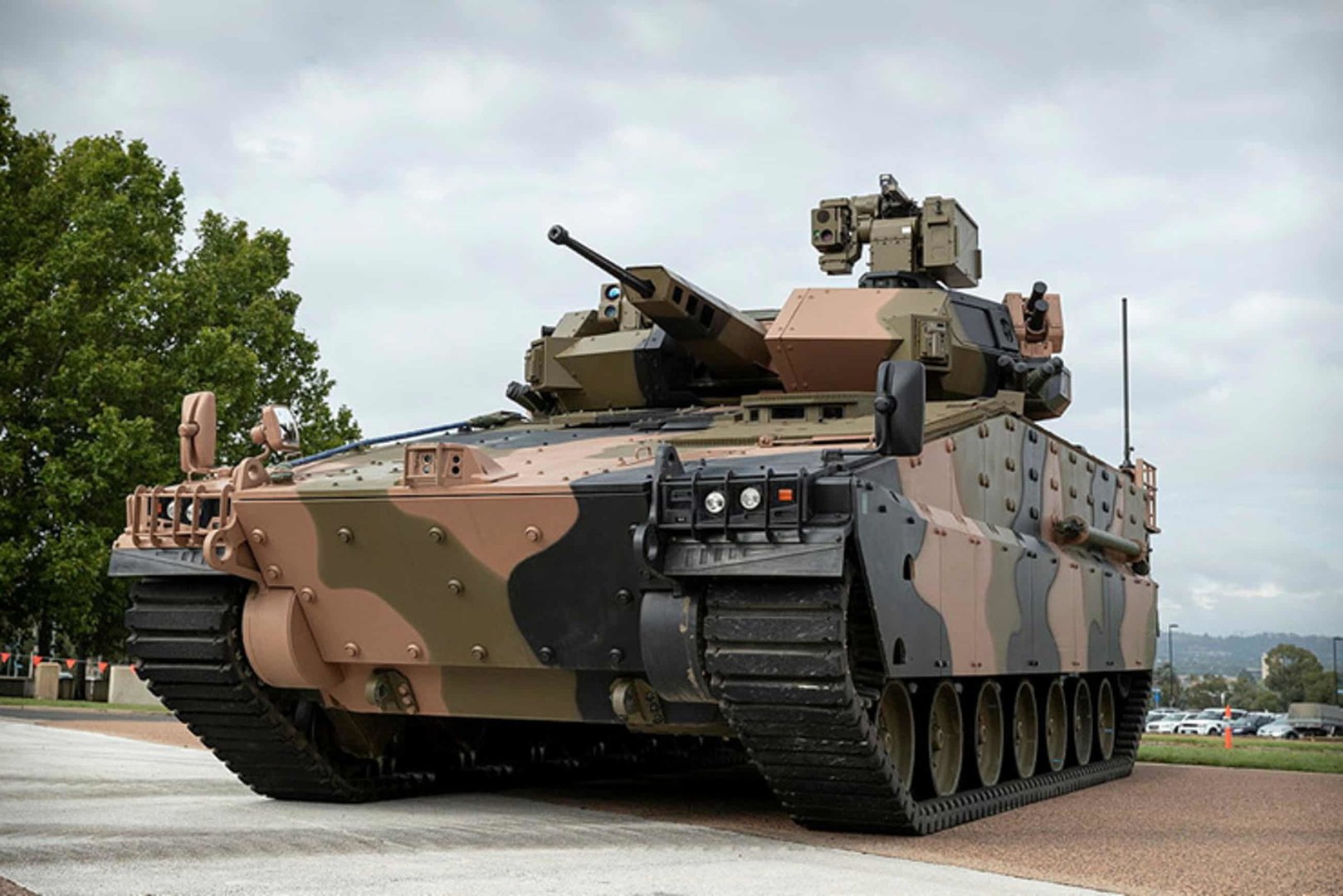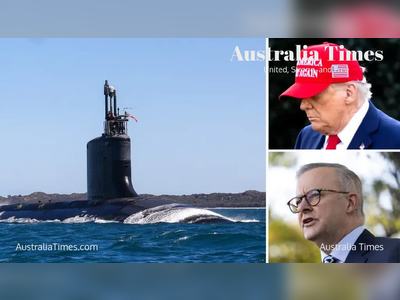
Australia’s $19.8 M Arms Deal with Israeli Firm Raises Ethical Alarms After UN Genocide Finding
Contract for ‘Iron Fist’ vehicle-mounted missile system signed before United Nations inquiry finding sparks concern over Australia’s role
Australia’s Department of Defence signed a A$19.8 million contract on 1 September 2025 with Israel’s largest arms manufacturer, Elbit Systems, for counter-measure munitions to be integrated into its “Iron Fist” active-protection system for infantry vehicles.
The deal came just two weeks before a United Nations commission of inquiry concluded that Israel was committing genocide in Gaza.
The contract, awarded without a competitive tender process, has drawn sharp criticism from Australian human-rights expert Chris Sidoti and international-law scholar Donald Rothwell.
Sidoti, a member of the UN inquiry, characterised the deal as “morally questionable” and argued Australia should not be engaging commercially with Elbit, which he described as a key supplier to the Israeli Defence Forces.
Rothwell said that while the transaction may be legally permissible under the Genocide Convention, it remains “morally questionable given this arms trade supports the Israeli military-industrial complex.”
Defence officials released no public tender documentation until last week and explained that the munitions were only manufactured by Elbit.
A department spokesman said that Australia is not providing arms or ammunition to Israel—rather the deal enables Australia to import a product for its own armed forces.
Nonetheless, critics say that commercial engagement still supports Elbit’s broader research and development activities, which they link to Israel’s military operations in Gaza.
Proponents of the deal note the protection system is intended to enhance Australian soldiers’ safety and underscored that Australia has long imported defence equipment from allied partners without directly supplying them with weapons.
The Albanese government, which formally recognised the state of Palestine earlier this month, has condemned Israel’s humanitarian conduct yet continues to deepen bilateral defence industry engagement.
The arrangement highlights the tension between Australia’s strategic defence priorities and international-law obligations to prevent genocide and uphold humanitarian standards.
Legal scholars emphasise that Australia’s obligations under the Genocide Convention prohibit assistance to acts of genocide, yet a one-way import arrangement—where Australia purchases and does not supply arms—falls outside the strict scope of the treaty.
Nonetheless the optics of the transaction have reinvigorated debate about Australia’s place in global arms-trade governance and ethical foreign-policy conduct.
The deal came just two weeks before a United Nations commission of inquiry concluded that Israel was committing genocide in Gaza.
The contract, awarded without a competitive tender process, has drawn sharp criticism from Australian human-rights expert Chris Sidoti and international-law scholar Donald Rothwell.
Sidoti, a member of the UN inquiry, characterised the deal as “morally questionable” and argued Australia should not be engaging commercially with Elbit, which he described as a key supplier to the Israeli Defence Forces.
Rothwell said that while the transaction may be legally permissible under the Genocide Convention, it remains “morally questionable given this arms trade supports the Israeli military-industrial complex.”
Defence officials released no public tender documentation until last week and explained that the munitions were only manufactured by Elbit.
A department spokesman said that Australia is not providing arms or ammunition to Israel—rather the deal enables Australia to import a product for its own armed forces.
Nonetheless, critics say that commercial engagement still supports Elbit’s broader research and development activities, which they link to Israel’s military operations in Gaza.
Proponents of the deal note the protection system is intended to enhance Australian soldiers’ safety and underscored that Australia has long imported defence equipment from allied partners without directly supplying them with weapons.
The Albanese government, which formally recognised the state of Palestine earlier this month, has condemned Israel’s humanitarian conduct yet continues to deepen bilateral defence industry engagement.
The arrangement highlights the tension between Australia’s strategic defence priorities and international-law obligations to prevent genocide and uphold humanitarian standards.
Legal scholars emphasise that Australia’s obligations under the Genocide Convention prohibit assistance to acts of genocide, yet a one-way import arrangement—where Australia purchases and does not supply arms—falls outside the strict scope of the treaty.
Nonetheless the optics of the transaction have reinvigorated debate about Australia’s place in global arms-trade governance and ethical foreign-policy conduct.
AI Disclaimer: An advanced artificial intelligence (AI) system generated the content of this page on its own. This innovative technology conducts extensive research from a variety of reliable sources, performs rigorous fact-checking and verification, cleans up and balances biased or manipulated content, and presents a minimal factual summary that is just enough yet essential for you to function as an informed and educated citizen. Please keep in mind, however, that this system is an evolving technology, and as a result, the article may contain accidental inaccuracies or errors. We urge you to help us improve our site by reporting any inaccuracies you find using the "Contact Us" link at the bottom of this page. Your helpful feedback helps us improve our system and deliver more precise content. When you find an article of interest here, please look for the full and extensive coverage of this topic in traditional news sources, as they are written by professional journalists that we try to support, not replace. We appreciate your understanding and assistance.










